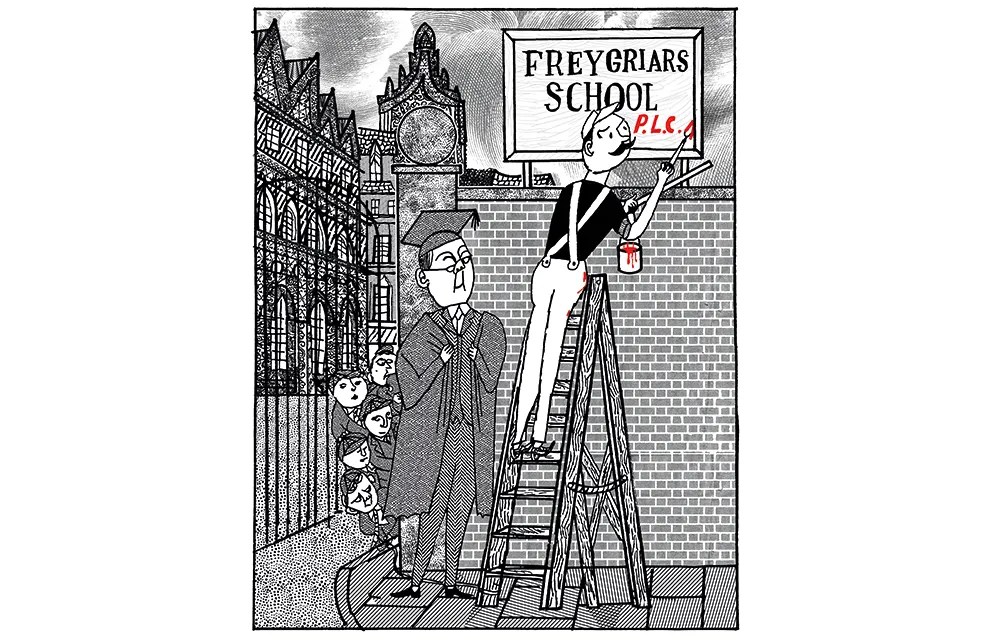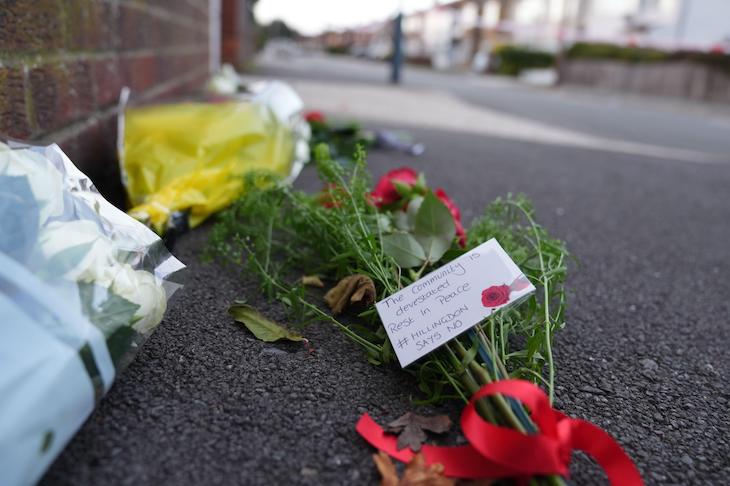‘Why did Albert [not his real name] leave before sports day?’ As is increasingly the norm, I am driving my seven-year-old daughter home from school, and she has questions for me. As questions go, they are reasonable. ‘Albert left to go to a new school’ I say.
‘But he told me it was because of the bat’ comes the response from the back seat. We’ve been here before. The bat is not in fact a placental mammal but the VAT rise on school fees, in playgroundese. Bats and VAT rises are both alarming and linger in the dark of parents’ minds, so it makes sense. ‘Yes’ I reply, ‘you’re right; it’s because of the bat’.
In my own experience, children have left my daughter’s year group steadily since January
Figures due to be released by the Independent Schools Council (ISC) tomorrow reveal a drop in private school pupils of 13,000, the biggest fall in student numbers since the ISC began collecting data in 2012.
Such numbers amount to a 2.4 per cent decrease in pupil numbers compared to an annual average drop of 0.2 per cent for the past 12 years. They also wildly outstrip the government’s prediction of the private school exodus. Back in the prelapsarian VAT-less days of last December, the Treasury estimated the drop-off of pupil numbers during the academic year 2024-2025 would be a meagre 3,000. The reality shows that their numbers are a little short of the mark, not to say totally unrealistic.
It is unsurprising that Labour are downplaying this – the party doesn’t want to be accused of forcing children to leave their schools abruptly, while flooding the state system with children it cannot cater for.
Instead, Bridget Phillipson has decided to focus on the money raised by the VAT levy, saying it will apparently, ‘provide the highest quality of support and teaching’ resulting in a proposed 6,500 more teachers by the end of the current parliament in 2029.
Labour’s argument is a simple one: squeeze the rich and funnel the money back into the public sector. Private schools ‘have cried wolf long enough’, as Phillipson said on Times Radio only last week. In the end though, it turns out that the much-derided private school parent isn’t as rich – or as stubborn – as Labour thought.
During the general election last summer, it seemed that the VAT rise might not happen, or would at any rate be deferred. Conversations at private school gates went along the following lines: Labour couldn’t possibly have thought through the impact on the state sector, particularly given the lack of state investment in Send (special education needs and disabilities). Could you even get a place for a child at your local state school given the sudden increase in demand? Would resistance via the ubiquitous WhatsApp petition be effective?
Bursars, once faceless members of staff on the end of an email, became hounded for sibling discounts and fevered questions over how much of the VAT rise the school might absorb. As I argued in the Times last summer, it seemed that the exodus, when it came, might be overblown or, in economic terms, ‘inelastic’. As Luke Sibieta at the Institute for Fiscal Studies noted, ‘the willingness of parents to pay for private schooling is not directly related to its price’ adding that he thought a mass exodus ‘would be incredibly unlikely’.
As it turns out, both Sibieta and I were wrong. Some things are directly related to their price. In my own experience, children have left my daughter’s year group steadily since January. A WhatsApp message announces their departure and is generally ‘reacted’ to with crying face, hearts and strong-arm emojis; people promise to stay in touch.
One mother, keen to stay on the WhatsApp class group to keep her child in touch with her old friends, was asked, eventually, to leave. There wasn’t an emoji for that, so no one reacted. As the academic year draws to a close in July, others will surely go. It’s the bats. They’re circling.







Comments